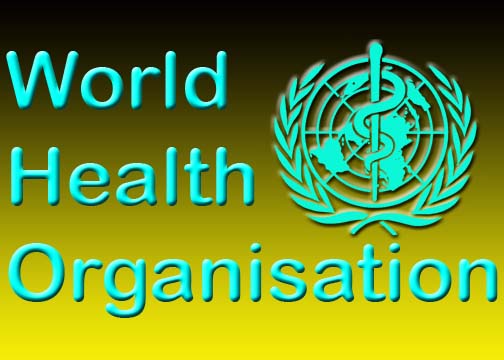WHO sounds world alarm over Mexico, US, swine flu outbreak
 Mexico City/Geneva - A spreading lethal virus that has claimed 68 lives in Mexico and infected at least 11 people in the United States prompted the World Health Organisation (WHO) to send out a global alarm Saturday.
Mexico City/Geneva - A spreading lethal virus that has claimed 68 lives in Mexico and infected at least 11 people in the United States prompted the World Health Organisation (WHO) to send out a global alarm Saturday.
WHO officials raised the possibility of an emerging pandemic even as countries in the region, including Nicaragua, Colombia and Brazil, tightened airport controls over people and goods arriving from Mexico.
Mexico City has closed schools, museums and other public gathering places and the Mexican Army has been distributing face masks to the population. President Felipe Calderon authorized the secretary of health to isolate patients, inspect travellers and enter houses to fight the epidemic.
Football games were held in empty stadiums. Long lines formed outside drug stores.
The Geneva-based World Health Organization Saturday declared the outbreaks a "public health emergency of international concern," a legal step that sent the alert worldwide.
But the emergency committee in Geneva left the alert status at its earlier 3 - denoting none, or very limited, human-to-human transmission - on its scale of 1 to 6. The alert status 4 would indicate evidence of an increase in human-to-human infection.
On Saturday, the New York City public health commissioner Thomas Frieden raised the spectre of a wider epidemic spreading from person to person after at least 75 students at a high school in the Queens fell ill.
Preliminary tests on mouth and nose swabs indicated the "likely" presence of swine flu in eight of nine students, a finding that needed to be confirmed by the Centres for Disease Control (CDC) in Atlanta, Georgia. Results were expected Sunday. There was concern it was spreading "from person to person," he said in broadcast remarks.
The news of cases in New York and two more in Kansas was "amplifying and reinforcing the concern we have that the spread of this virus ... could potentially be a pandemic virus," Gregory Hartl, a WHO spokesman, told CNN.
Swine flu normally is spread from animal to human, and the emergence of a human-to-human strain could mean the influenza could gain virulence quickly.
Experts were puzzled by the pattern that in Mexico, it was affecting mainly young adults and causing serious respiratory disease including pneumonia, while its effects in the US appeared milder and aimed at younger victims.
Health officials said it is possible that US residents have developed some immunities through exposure to past waves of flu.
The numbers of infections have been growing since mid-March, WHO said.
Earlier Saturday, WHO spokeswoman Fadela Chaib confirmed a figure of 62 dead in Mexico, with outbreaks in three separate locations. Mexican officials later raised the death toll to 68. Another 854 cases of pneumonia possibly connected to the influenza have been reported, WHO said.
Of the Mexican cases, 18 deaths had been confirmed by a laboratory in Canada as swine influenza A/H1N1, WHO said. Twelve were "genetically identical" to the viruses that have infected six people in California.
In the United States, all 11 confirmed cases to date have recovered from the illness, Dr Richard Besser, acting head of the CDC, told CNN. He identified seven confirmed cases in California, two in Texas and two in Kansas. Another case is suspected in Texas, and eight or nine in New York.
In the small town of Cibolo, Texas, outside San Antonio, state officials closed for a week Steele High School, where the state's two confirmed and one suspected victims attended classes, the San Antonio Express-News newspaper reported online.
WHO was in constant contact with health authorities in the United States, Mexico, and countries in the Latin American region in monitoring the situation, officials said.
In addition to authorizing his health minister to isolate cases and carry out inspections at airports, Mexico's President Calderon gave the minister the power to restrict activities and ban large gatherings of people in any one place, including stadiums.
Restaurant business had declined 40 per cent in Mexico City. The Catholic church did not cancel Sunday services, but urged believers to protect themselves if they came to church.
Mexican Health Minister Jose Angel Cordova Villalobos has stressed that Mexico has enough medication to combat the virus. He warned against self-medication, saying the anti-virals should only be used for people who are infected.
"We have fully identified the type of virus, and we have anti- viral drugs," he said.
Who's Strategic Health Operations Centre was now involved in the efforts in Mexico and the region.
Health officials were urging people to wash hands frequently, stay home if they are sick and avoid public gatherings.
The CDC's Besser said the current wave of illness was an "outbreak," not an epidemic, and that the CDC was aggressively investigating to find out why the influenza was having such a different effect in Mexico and the US. (dpa)